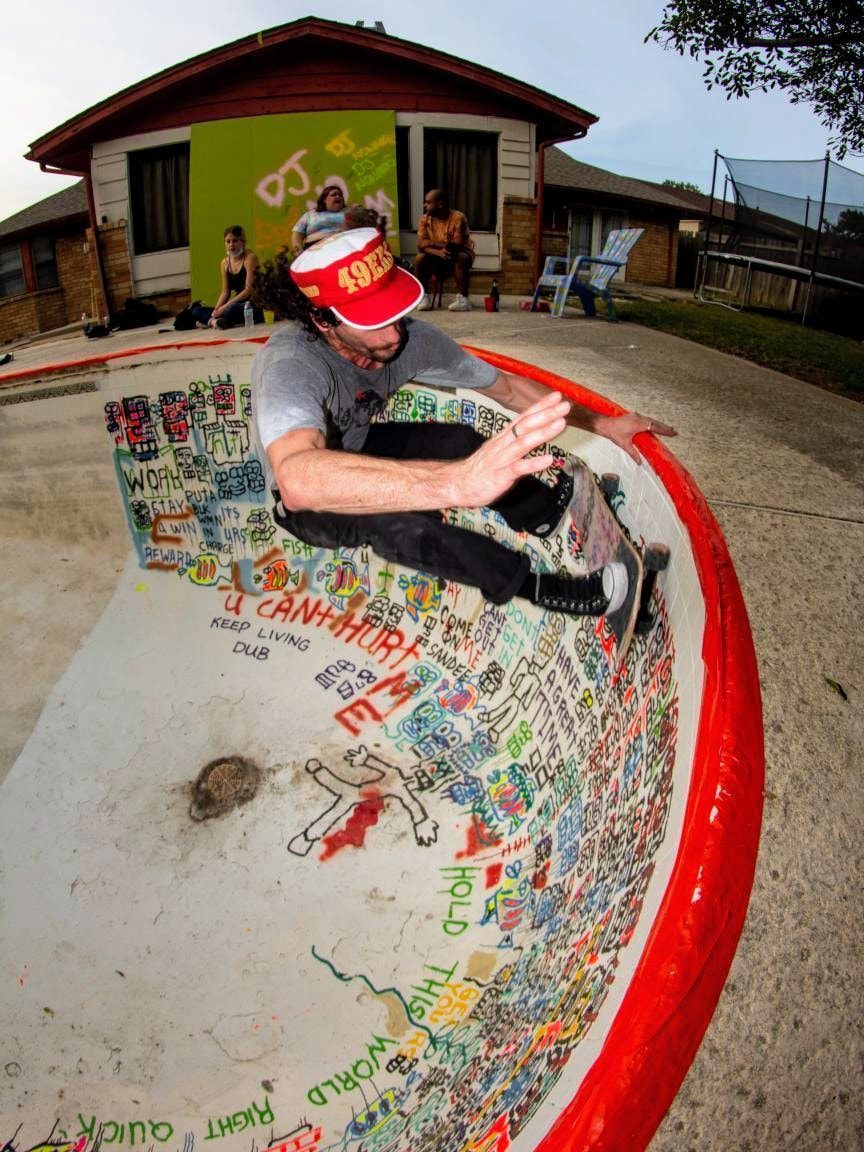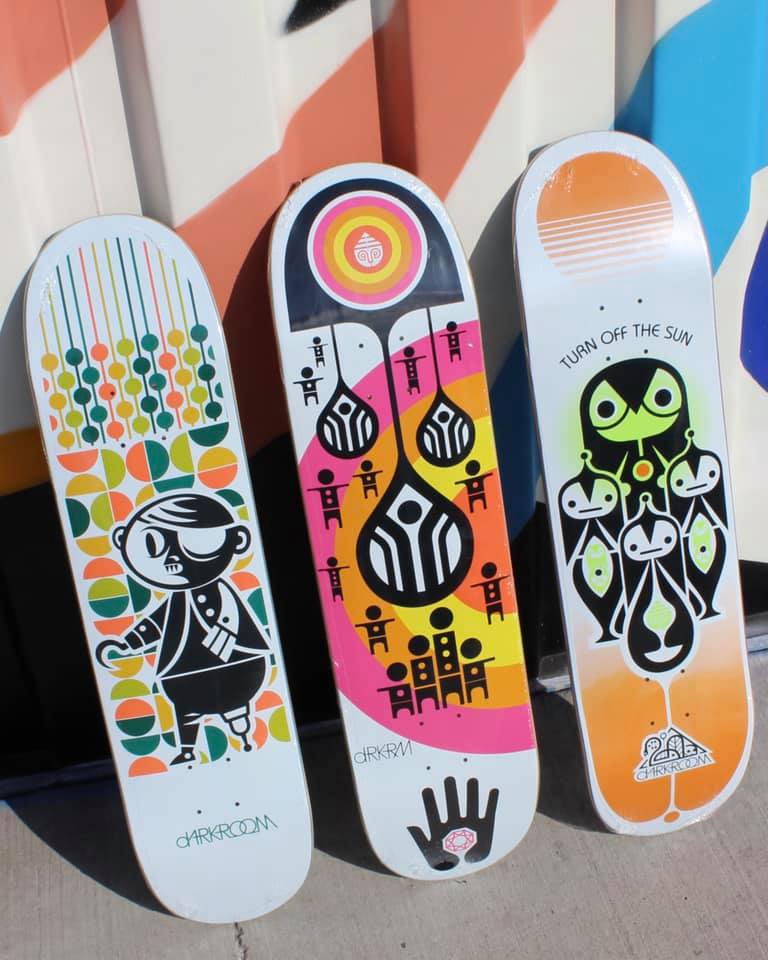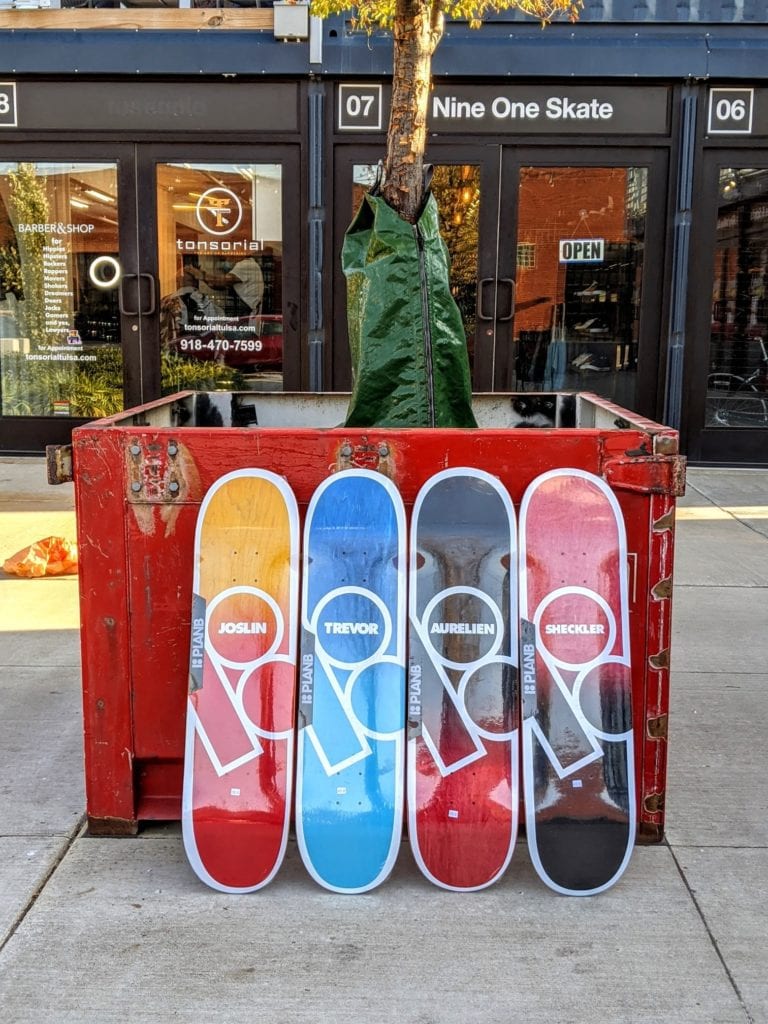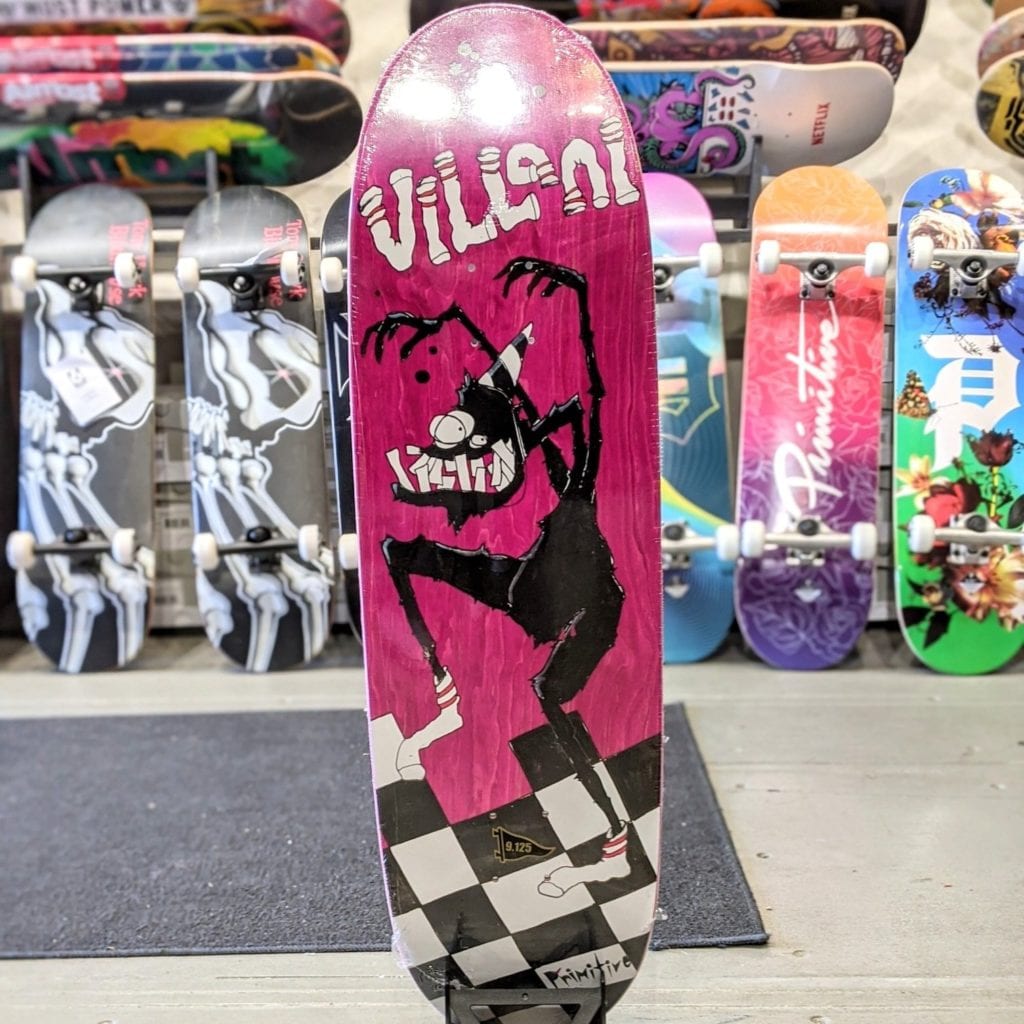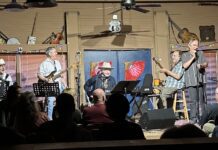With parks dedicated to skateboarding popping up across Oklahoma, this sport is slowly moving into the mainstream.
The community that skaters have created is one of acceptance and support. There is typically an anticipation of perceived intimidation before a skater tries a park for the first time, says Jake Shelton, owner of Core Board Shop in Oklahoma City. But that isn’t what they’ll find.
“When they get there, the rest of us are cheering them,” he says.
“It’s a very welcoming community,” seconds Trey Carson, the sales manager at Nine One Skate in Tulsa. “It’s the least judgemental community I’ve ever come across, because we come from all walks of life.”
Carson has been skating for a couple of decades now and loves to see kids come into his shop to learn more about the activity. But, like most sports, there are lessons everyone can use … even after they get off their boards.
“It’s always awesome getting these kids stoked on skateboarding. It teaches you a lot of trial and error and it teaches you how to not give up on yourself,” says Carson. “You can apply that to your everyday life skills.”
And, it’s easy to get started for cheap, says Shelton.
“That’s what’s cool about skateboarding – you’re going to be skating on the exact same wood that the pros are skating on; there’s no difference in between,” he says.
Most boards are the same length, but changes in the width determine whether, with slimmer boards, they are easier to flip or spin. Beginners may want to start with a wider board that can be easier to control. Local skate shops are a great place to try out equipment and to plug into the skateboarding community.
Shelton says his shop works hard to help skaters who want to learn and grow.
“As long as you’re skating, you’re part of the culture with us,” he says.
Photos courtesy Nine One Skate






















